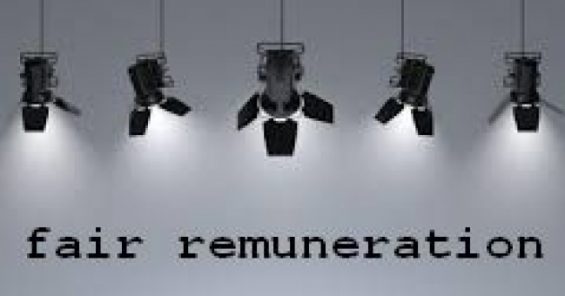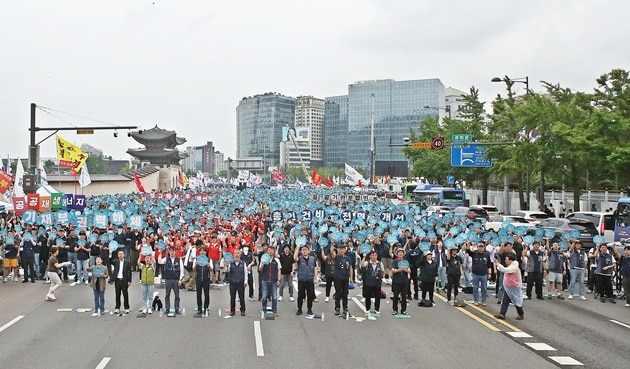European and international authors and performers’ organisations urge Member States to support the much-needed Article -14 providing for fair and proportionate remuneration for authors and performers in the Directive on Copyright in the Digital Single Market. UNI MEI is one of the may organistions co-signing the statement.
Proposed by the European Parliament and backed by a large majority of its members on 12 September, the opening provision in Chapter 3 sets a fundamental guiding principle for the remuneration of authors and performers, which should be fair and proportionate to the potential and actual value of the transferred or licensed rights. Capital and business in the cultural and creative industries have long enjoyed a dominant position over authors and creators, who are grossly underpaid for their work and can barely sustain a decent living as freelancers or employees.
The overall regulatory environment does not adequately protect them, as the weakest party, it mostly supports the industry. The core value of the copyright licensing system relies on the creativity of authors and performers. Their remuneration should therefore be at the heart of the industries’ business model and not be considered merely as an adjustment variable. This is what the European Parliament’s Article -14 aims to acknowledge: that authors and performers must get a fair share of the revenues generated by their work. In light of the unbalanced bargaining position of most authors and performers when discussing their terms and conditions of engagement, various mechanisms exist today to warrant their proportionate remuneration across cultural and creative sectors worldwide.
The proportionate remuneration of authors and performers and the principle asserting it must encompass all such mechanisms. Art -14 therefore clarifies that, in addition to implementing the principle of fair and proportionate remuneration in contracts, Member States may provide for additional mechanisms, such as collective bargaining agreements, collective rights management or statutory remuneration mechanisms, to collectively protect authors and performers and address the specificities of each sector and category of creators. Establishing common remuneration rules mitigates the potential volume of litigation and provides legal security and economic predictability for the cultural and creative industries.
Ensuring a level- playing field for European authors and performers is also paramount as global content producers are emerging on the European market. It is therefore a future-proof solution both for Europe’s authors and performers and for the industries as a whole, particularly in the online environment. As strong supporters of the Parliament’s proposal, we reiterate our calls on EU institutions to safeguard Article -14 and caution against the adoption of any legislation that would marginalise authors and performers or deprive them of a fair and proportionate share of the revenue generated by their work.
It is now up to the Council and Member States to actually deliver on previous general statements in favour of authors and performers. It is time to agree, in the trilogue negotiations, on an Article -14 that will strengthen Europe’s creative community and its cultural wealth in the digital era.
Download the statement here


